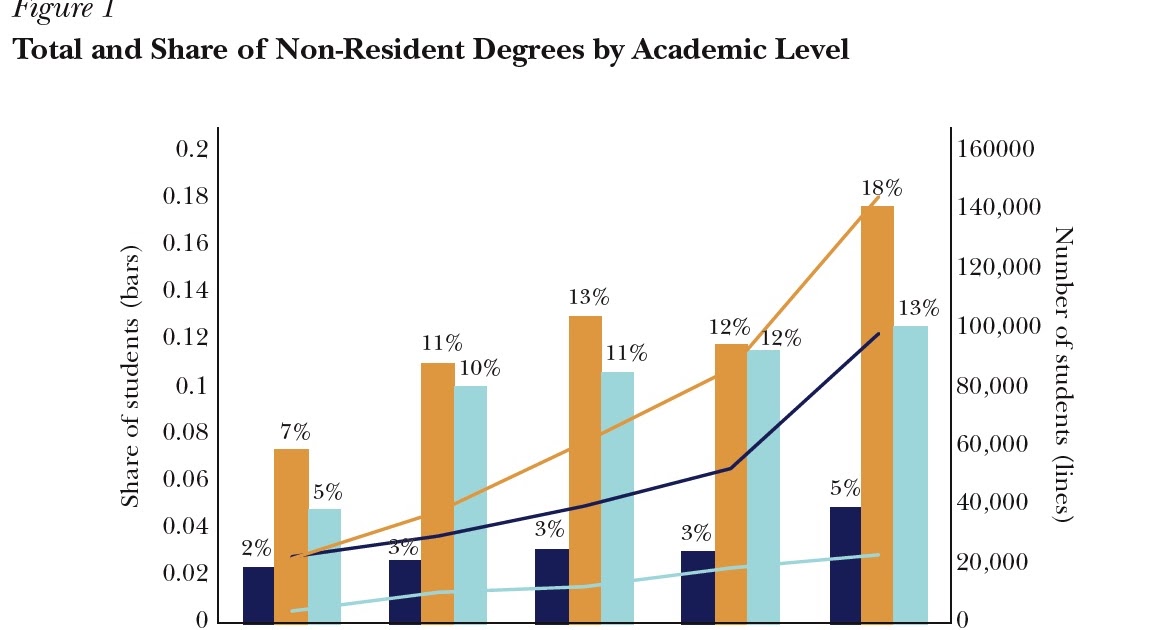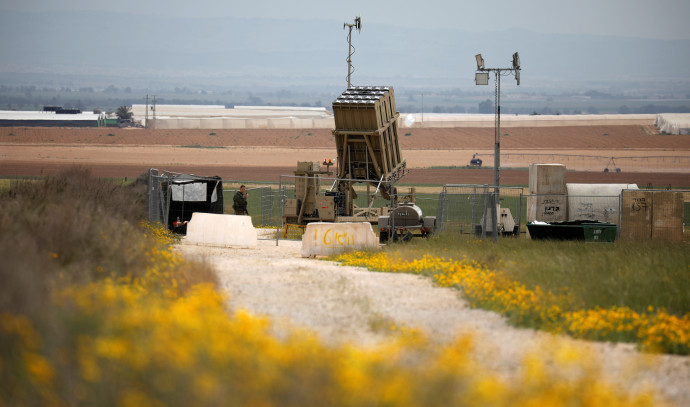Yes, I agree with that. Low birth rates partially due to skyrocketing costs of living. Any other major factors for a dying middle class?
Because when coupling that with concentration of wealth - it doesn't make that much sense. Even billionnaires don't hold all their money in a bank account. It's spread out over different investments and properties that ultimately breathe life into the economy. Perhaps the issue is more related to the governments and their relative lack of action regarding deflation of prices?
Ok. So my thoughts on the dying middle class. I think everything you listed is the consequence not the cause of it's death. Ultimately the rise of the middle class, bourgeoisie, burghers, city dwellers, is tied to the increasing urbanization in the late middle ages, and the early capitalist economies. This rise began as early as the 12th century in Italy but didn't culminate in something like a modern nation-state (as opposed to a feudal arrangement) until the 16th century. From there begins the history of the ascendance of the middle class in what is commonly referred to as The West.
For this discussion there are several big points to understand. Economies are not static arrangements. They are processes that run in a specific direction, generally in the direction of greater amounts of capital and greater concentrations of capital. This trend can't really be reversed in the long run, and short term reversals tend to involve major problems for all participants. The middle class itself became more and more necessary because educated labor was more productive in ways that uneducated low-skill labor never could be. Consequently the balance between the interests of skilled labor (and I include the professions here) and interests of the ruling elites began to shift. It became necessary to provide more and more education in order to have skilled labor and have it be productive, but educated skilled labor quickly started wanting more for their work, and started asking uncomfortable questions that led eventually to the emergence of revolutionary situations across Europe. This led to the inevitable dismantling of the feudal political and societal super-structures that existed, and their replacement by some sort of power sharing arrangement between the elites and the middle class, generally formalized either as a liberal democracy or a constitutional monarchy. None of this was out of any inherent love for freedom, or due to democracy being inherently great. It was all borne out of necessity and compromise.
This arrangement reached it's peak in the mid 20th century, and was strengthened by the emergence of state socialism in the Soviet Union and other parts of the world. A very real existential threat made ruling elites far more willing to compromise with their own people, economically this was the peak of capitalism. Capital was being generated quickly but was not all that concentrated. And the very real threat of a world wide communist movement made the ruling classes far more willing to provide prosperity at home. Resources were relatively abundant and cheap globally, and there was relatively little competition for the west outside the west. While the state socialist economies were often described as competing with the west, this was mostly untrue. Their competition was political and military, but Soviet goods weren't pushing out western ones, and western goods weren't pushing out Soviet ones. The state socialist economies mostly operated in a separate bubble. Trade did take place but it was fairly limited. This is where the traditional picture of western prosperity comes from. It's the fairly limited period of time from the '50s until the early 2000's. Before that life for an average person in Western Europe or America was fairly rough. Standards of living were low, healthcare and education were not nearly as good or as widespread as they are now.
This period is now over. We are headed into a future where from an economic stand point the developed economies have to compete with more and more emergent capitalist economies in what used to be the third world. Resources are objectively less available and often more expensive to extract. Former socialist economies that used to be their own sphere now compete directly for many of the same markets. This is coupled with an increase in the level of automation in production, and this automation is starting to take over spheres where traditionally it couldn't. As a result first world workers, that very same skilled labor, is losing the race to both ever smarter machines (consider what "research bots" did to the paralegal profession in the US), and to third world competitors (if you can work from home, you can work from Kualu Lumpur, and salaries there are much lower). On top of this the concentration of wealth is creating a system where economic and therefore political power is becoming ever more concentrated. Why sell someone a home when you can buy all the homes and rent them out? Why sell anything and let people own it when you can instead just charge for access? This is coupled with financial mechanisms that are actively transferring wealth from the middle class to the upper class. A great example of that is the situation with US higher education. It's becoming ever more expensive yet ever less economically advantageous. And the entire educational establishment is busy funneling people towards college. Middle class families have to start saving at the birth of a child, to try and cover tuition and living expenses for 4 years of schooling. Meanwhile degrees are being given in fields that are often ridiculous, or at the very least effectively useless. And remember, education, skilled labor, is key to the middle class. The upper class reproduces itself through inherited wealth. The middle class has some inherited wealth but leans heavily on being able to make a good living by employment. This is why the wealth of the upper class is measured in net worth, and of the middle class it's typically measured in their salary. There are objective reasons for this trend, and there are subjective ones. The example of insanely overpriced US education or healthcare in the latter categories. They are effectively economic mechanisms that pump money out of the middle class.
The need for political compromise is thus less, and with a less educated and poorer population, populists arise, and people are more and more willing to follow idiots, and to vote against their own interests. It requires a certain level of awareness of the issues, and recognition of what would benefit you to vote in a way that helps you rather then harms you. Thus we have a deterioration of liberal democracy itself, through the decline of the middle class. To me this explains both Donald Trump and the Democrats. You see people expressing ridiculous levels of support for a senile old man that doesn't appear to run much of anything, and for a bigoted crook who can't string 3 words together without sounding like a moron. This also explains the rising level of political apathy, the emergence of clearly reactionary movements like the extreme right, and of notionally progressive movements with ridiculous or even insane platforms (BLM anyone?), or even no platforms at all. I believe we are firmly entering late stage capitalism. When the WEF speaker says that we will own nothing, they are just stating a fact. This is the macroeconomic direction that the collective west is headed in. As asset ownership becomes more and more concentrated, paying for access will be the preferred model, and as educated labor becomes both less needed, and more competitive, the middle class will likely be merging with the lower class. These processes don't take place on human time scales, and there can be deviations to the right, or left, or even temporary reversals. There will be political and societal crises that will accompany much of this and that will often overshadow the slower economic processes.
Can anything be done? Well... theoretically yes, but it would require taking measures that are unpleasant for the pocket books of those holding the capital in question. And given the mobility of capital and the high level of globalization of most developed economies it's unclear if this will work on a practical level. More significant however is the near complete absence of political will to do much of anything at least in the US. The middle class continues to get poorer, the upper class continues to get richer, and the issues being debated are abortion, gun control, immigration (but in a way that doesn't offer any solutions), and identity politics (of all the nonsense). To me they mostly look like red herrings, that have little to do with underlying economic processes or the decline of the middle class that's going to significantly though relatively slowly impact practically all Americans.


